10, April 2020
Southern Cameroons fighters relaunch attacks to reject French Cameroun reconstruction Plan 0
Cameroonian separatist fighters have relaunched attacks after the government announced a reconstruction plan, claiming that peace was returning to the English-speaking Northwest and Southwest regions of the central African state. The military said attacks were reported in at least seven villages, with about 13 fighters killed, but the fighters say the military had more casualties.
Public Works Minister Emmanuel Nganou Djoumessi says road construction engineers are leaving after persistent attacks in several parts of the Northwest region, where President Paul Biya had instructed them to begin reconstructing the central African state’s English-speaking regions, devastated by three years of separatist conflict. Djoumessi spoke to VOA via a messaging app.
“The work started, unfortunately some criminals came and destroyed the property of the company but we have to continue without showing any signs of weakness. The head of state [Cameroon’s president] himself is extremely committed,” he said.
Biya last week created what he called the Presidential Plan for the Reconstruction and Development of the English-speaking Northwest and Southwest regions. The reconstruction and development plan envisages construction of roads, schools, hospitals, public edifices, markets, private homes and villages in areas destroyed by three years of fighting.
After the plan was announced, separatists warned on social media that they will not accept such projects from what they said a foreign government in Yaounde, and began attacking military posts and burning more infrastructure. The fighters torched local council offices and schools in Bui, Donga Mantung and Ngoketunjia administrative units in the Northwest and Lebialem and Manyu administrative units in the Southwest.
The military said in a release that there was heavy fighting in the northwestern villages of Vekovi, Tatum and Mbiame and the southwestern town of Kumba, with 13 fighters killed. The fighters on social media said the casualties were more on the side of government troops. The military has denied the allegations.
Benard Okalia Bilai, governor of the English-speaking Southwest region, speaking via a messaging app, said since the attacks were relaunched last week, the population has been collaborating with the military to denounce the attackers.
“The populations have understood that they were misled, so they have realized that their future, their hope is within the institutions, and that what the head of state has put at their disposal is their future and that they should collaborate with those authorities, the forces of law [the military], to denounce those who are disturbing. The damages are enough,” he said.
Christopher Effimba, leader of the NGO Hope Cameroon, said the central African state should make sure peace fully returns to its English-speaking regions before reconstruction projects are launched. He said the separatists are still very active and strong. He also spoke via a messaging app.
“Infrastructural development cannot be implemented in the field if we do not have a peaceful atmosphere. Therefore, calm the atmosphere,” he said. “We need peace to enable the road workers to dig the roads. If the people do not accept peace, it is impossible for any Caterpillar, any bulldozer to go in there and try to do any road.”
Unrest began in Cameroon in 2017 after a government crackdown on peaceful protests led by lawyers and teachers who complained of being marginalized by the French-speaking majority.
In October 2019, Biya organized a national dialogue to solve the crisis but the separatists did not attend. The separatists said they will only be ready to discuss the terms of their independence in a republic they have created called Ambazonia.
The unrest has killed more than 3,000 people and displaced over 500,000 according to the United Nations. Fifty thousand others are asylum seekers in neighboring Nigeria.
Source: VOA

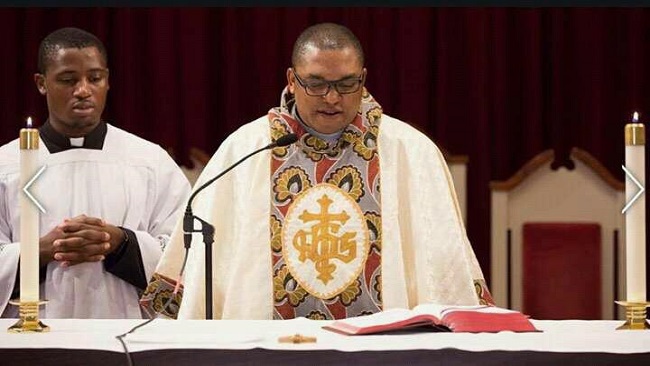


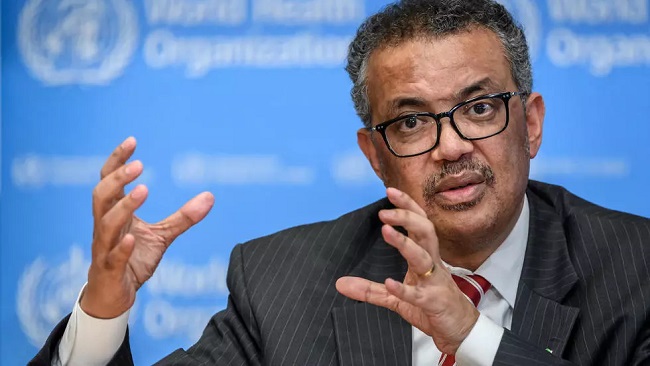
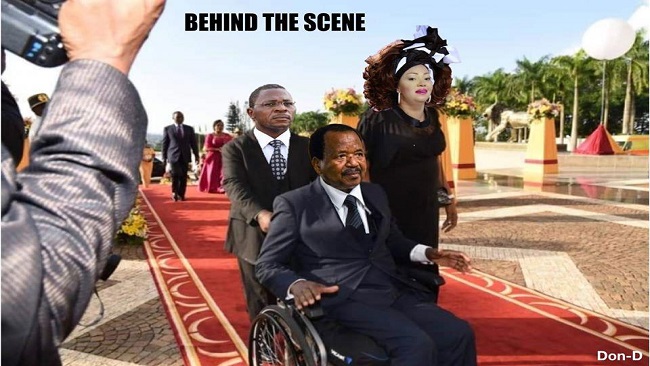




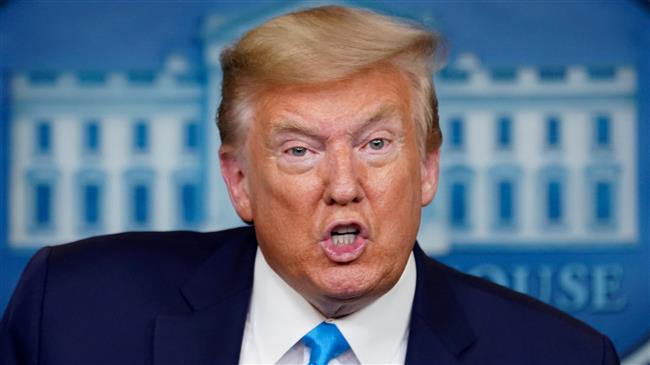













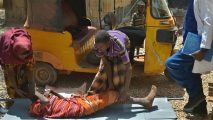




10, April 2020
Cameroonians looking for missing president amid coronavirus crisis 0
Cameroon’s aged president is coming under fire for his absence from the national stage as the central African country faces a burgeoning coronavirus crisis.
A month after the first case of COVID-19 was recorded, 87-year-old Paul Biya has yet to address the nation — a silence that for supporters is a sign of gravitas but for critics one of failure.
According to official figures posted early Monday, Cameroon has 658 cases of the virus, with nine deaths, making it the second most-affected country after South Africa in sub-Saharan Africa.
Cameroon is already waging two violent conflicts, one against Boko Haram terrorists in the north, the other against English-speaking separatists in the west. The fighters in the new front are doctors and nurses who are woefully lacking in masks and breathing equipment.
In his 37 years in power, Cameroonians have become accustomed to Biya’s long absences, mainly because of poor health, but his silence over the pandemic is raising sharp questions. He posed for the cameras after talks with the US ambassador on March 11, but did not speak to the press.
Six days later Biya urged Cameroonians on Facebook to “respect” measures taken to combat the virus, but since then there has not been so much as a whisper from a leader who has overseen many crises since he took power in 1982.
– Biya ‘cannot be pinned down’ –
Biya’s track record suggests he is not a major communicator in the best of times, making just three or four appearances a year. But for researcher Stephane Akoa, “In a context like this, the presidential message is important.”
Last week, speculation mounted on social media that Biya could be dead, prompting a formal public denial by Communications Minister Rene-Emmanuel Sadi, who insisted that Biya was “going about his official business as normal”.
But there was no word from the president himself, provoking a sharp attack from main opposition leader Maurice Kamto, the runner-up to Biya in 2018 elections. On Friday, Kamto demanded that the president address the nation within seven days, otherwise “the people… will inevitably see his failure”.
Biya’s silence “is becoming criminal,” he added. Labour Minister Gregoire Owona snapped back, saying Kamto wished to politicise the crisis, calling it “shameful”.
Oswald Baboke, the president’s deputy chief of staff, commended Biya’s “wisdom… (and) restraint,” writing in the press that “the President’s time cannot be improvised and cannot be pinned down.”
Thus far the youthful health minister, Malachie Manaouda, has been the point man for the coronavirus crisis, tweeting out frequent updates and detailing the government’s response. But criticism has grown louder with the rise in known cases from 142 to 658 in a week.
– ‘Lack of coordination’ –
“Government communication is weak, its response was late and in some respects poorly prepared,” said Stephane M’Bafou, a consultant in public management and governance. “There is an obvious lack of coordination,” said economist Albert Ze.
Prime Minister Joseph Dion Ngute on March 13 announced measures such as closing borders and a ban on rallies, which have been extended.
The one new step since then, attributed to Biya but announced by Ngute, has been the creation of a solidarity fund worth one billion CFA francs (1.5 million euros / $1.65 million). Others say the response does not go nearly far enough.
“We must quickly declare a curfew, isolate the cities where cases are confirmed and move towards a general containment regardless of the socio-economic cost,” said M’Bafou.
Source: AFP